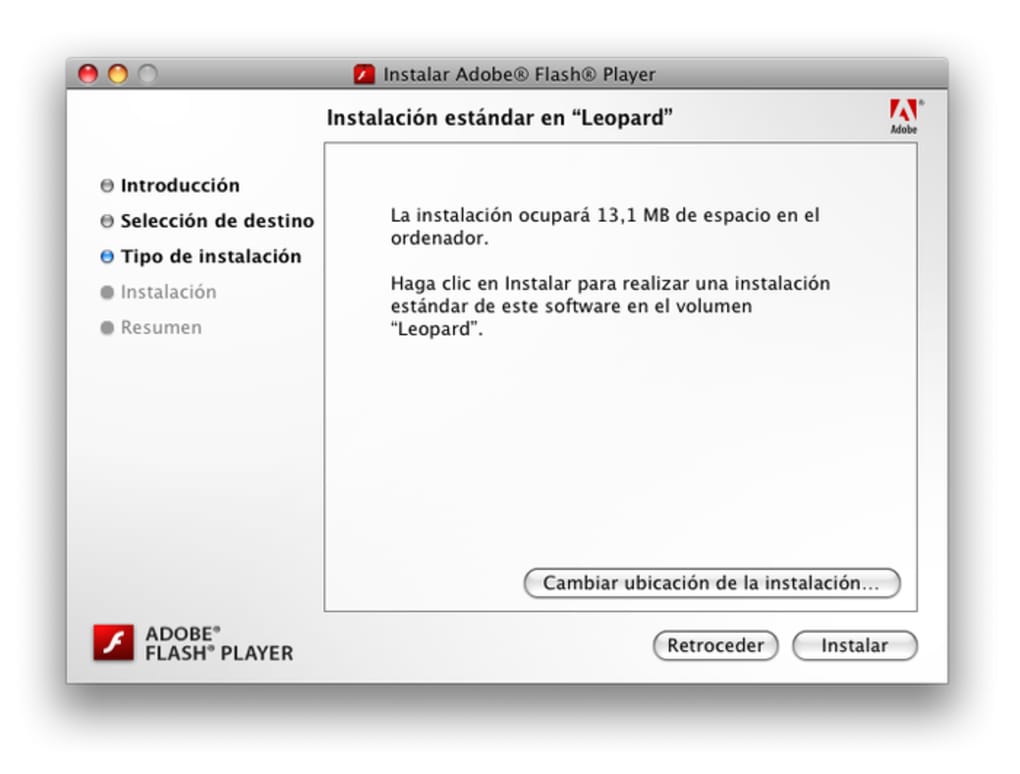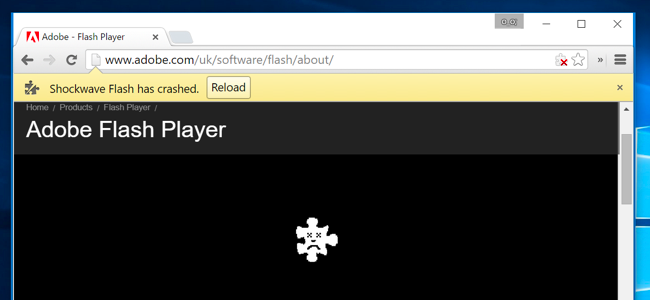


On websites that offer both Flash and HTML5 implementations of content, Safari users will now always experience the modern HTML5 implementation, delivering improved performance and battery life. When Safari 10 ships this fall, by default, Safari will behave as though common legacy plug-ins on users’ Macs are not installed. These standards now include most of the functionality needed to support rich media and interactive experiences that used to require legacy plug-ins like Adobe Flash. The WebKit project in particular emphasizes security, performance, and battery life when evaluating and implementing web standards. Thanks to the ongoing hard work of standards bodies, browser vendors, and web developers, web standards are feature-rich and continuously improving. The web platform is capable of amazing things. These changes may affect compatibility with your websites.

This is a guest post from the Safari team about changes to how Safari allows WebKit to use plug-ins.


 0 kommentar(er)
0 kommentar(er)
